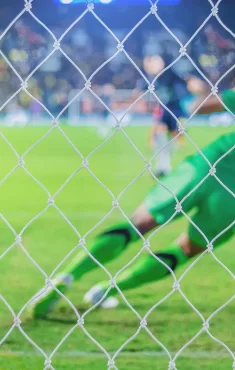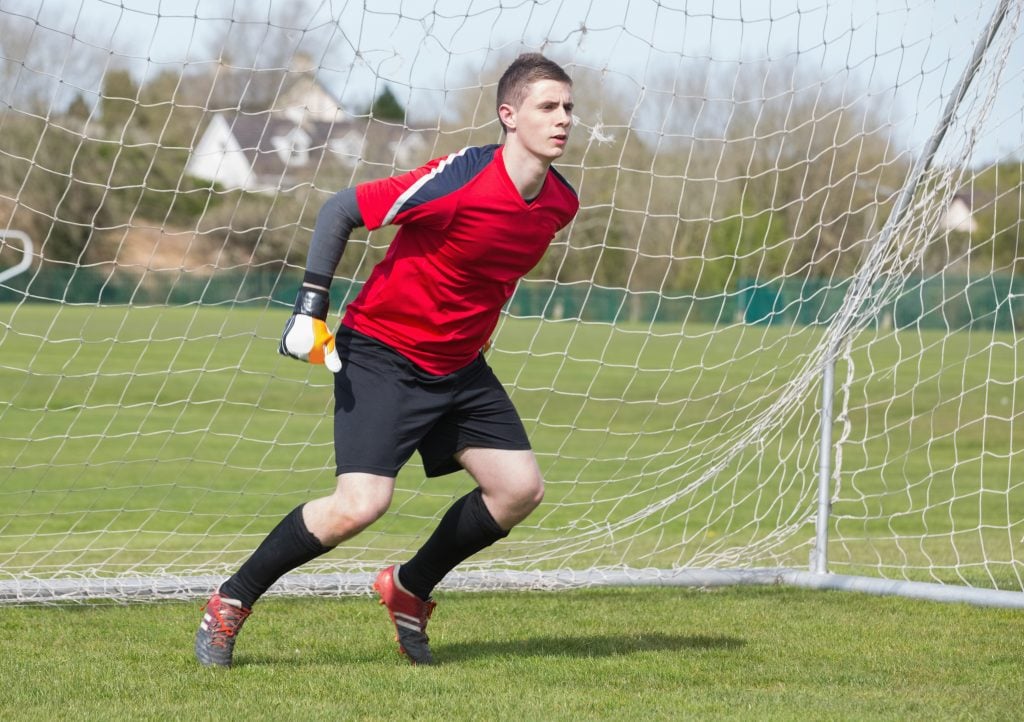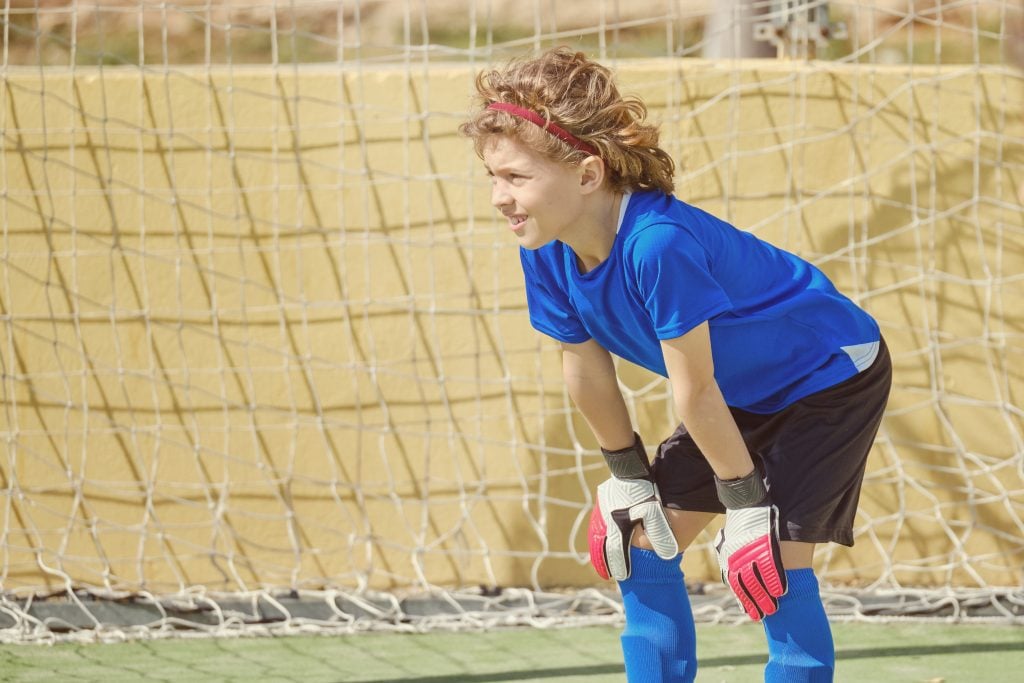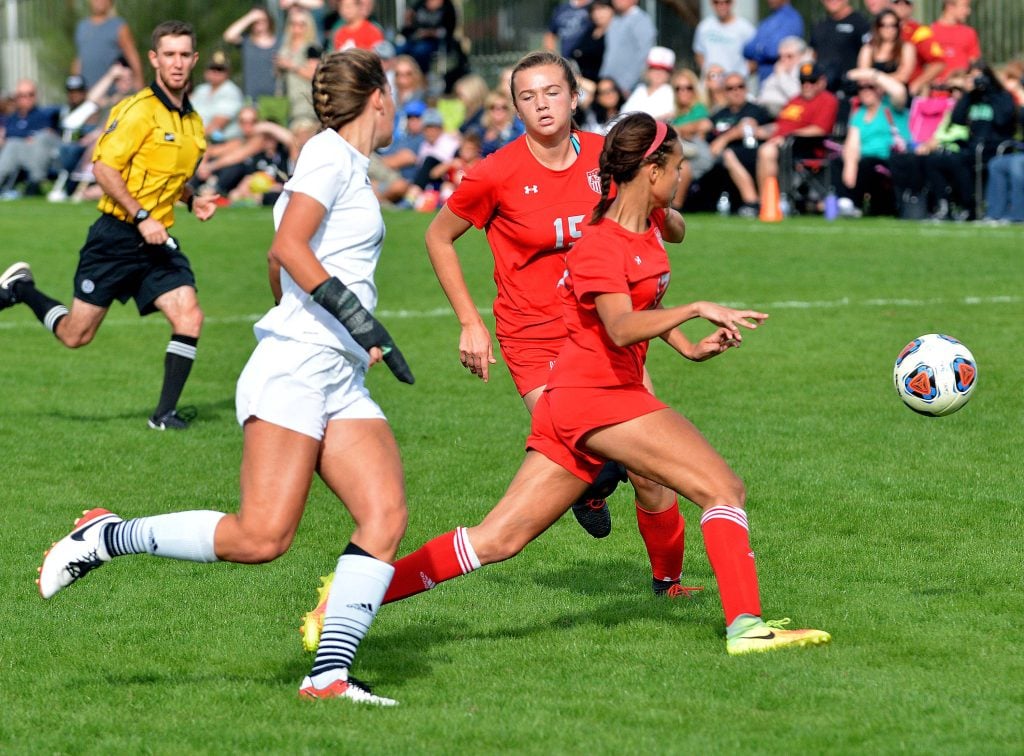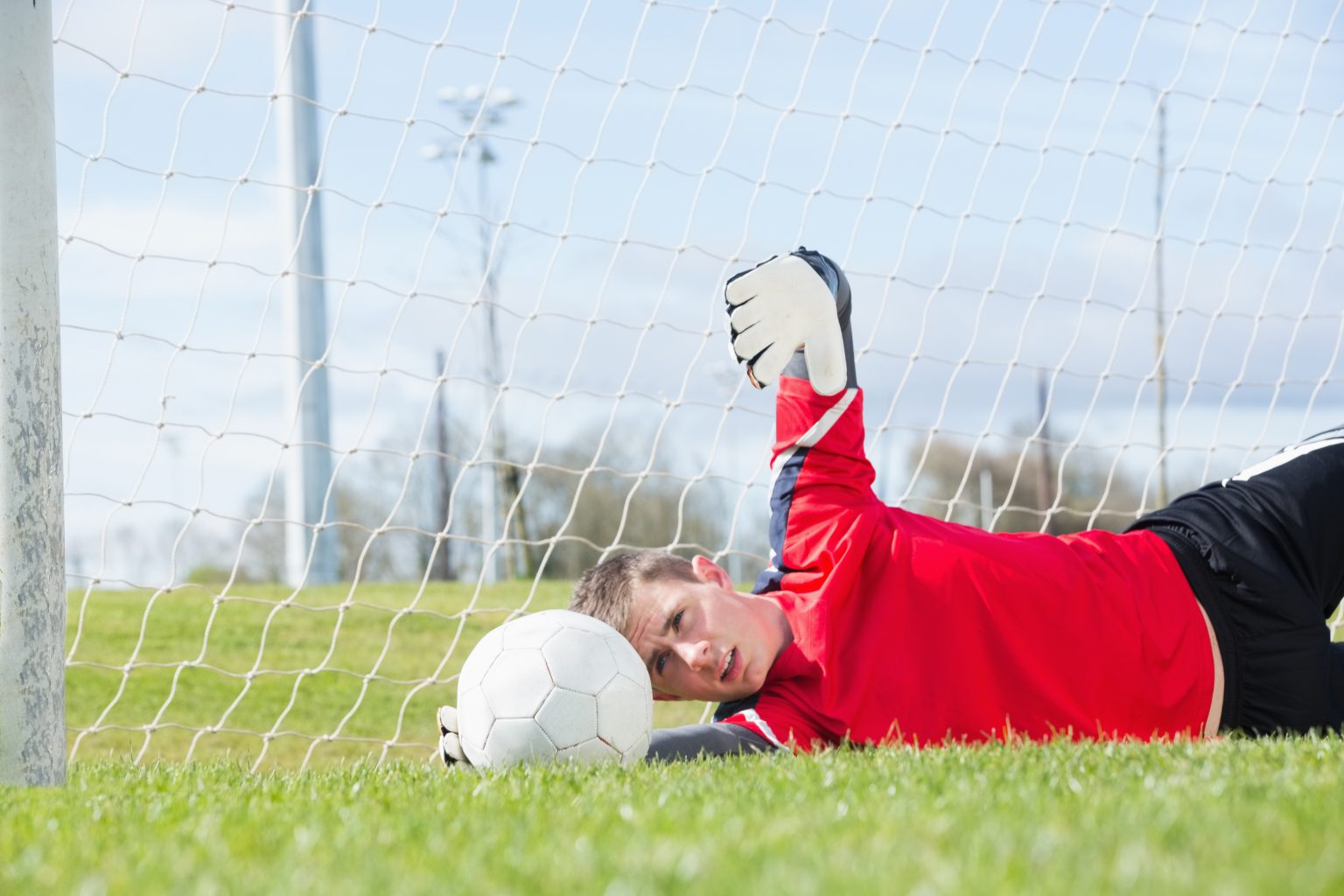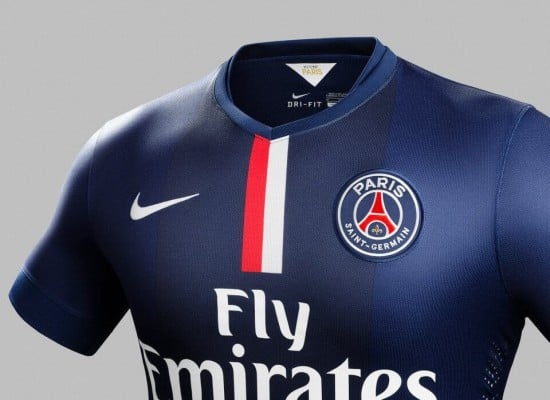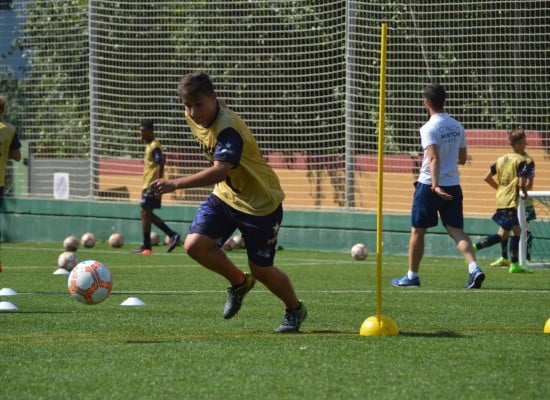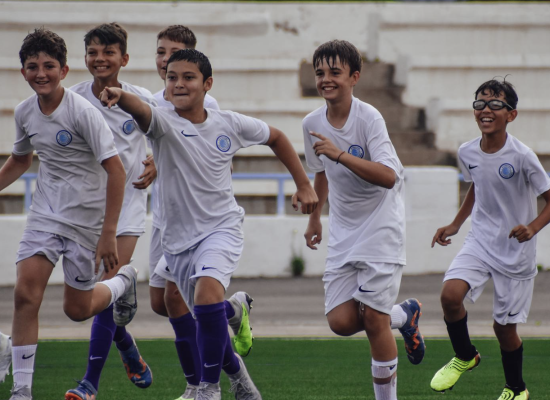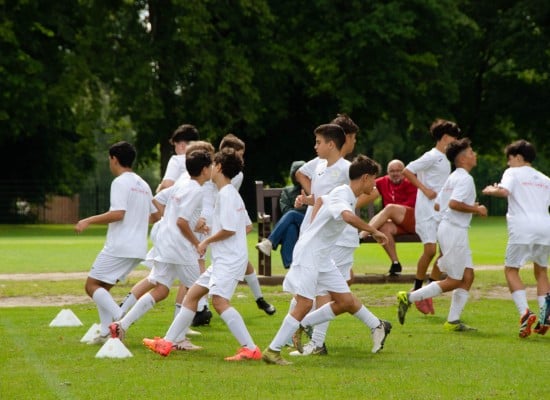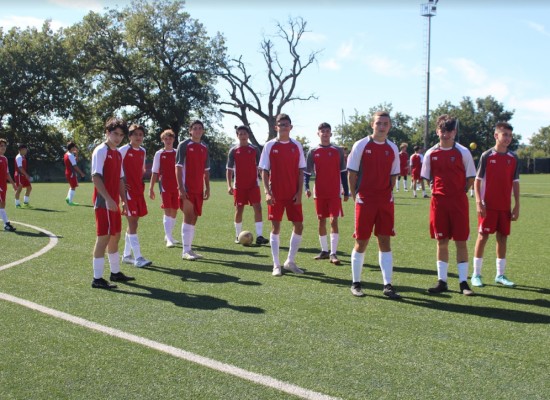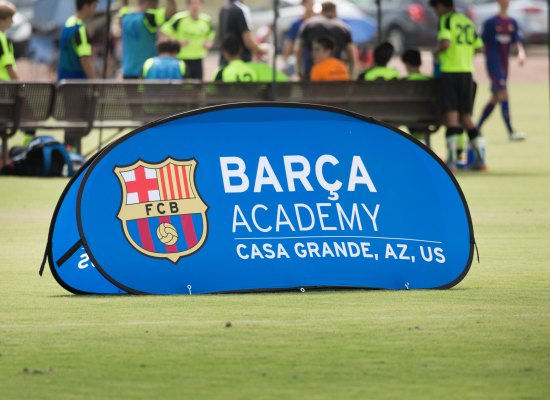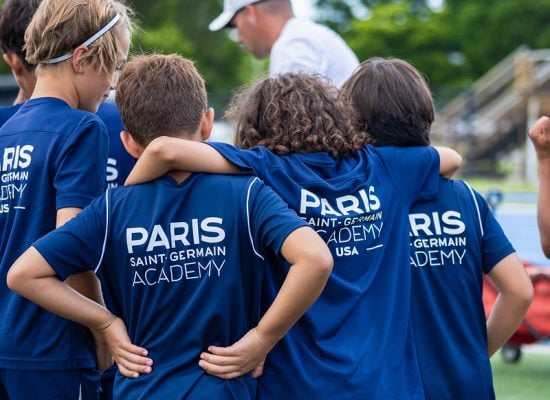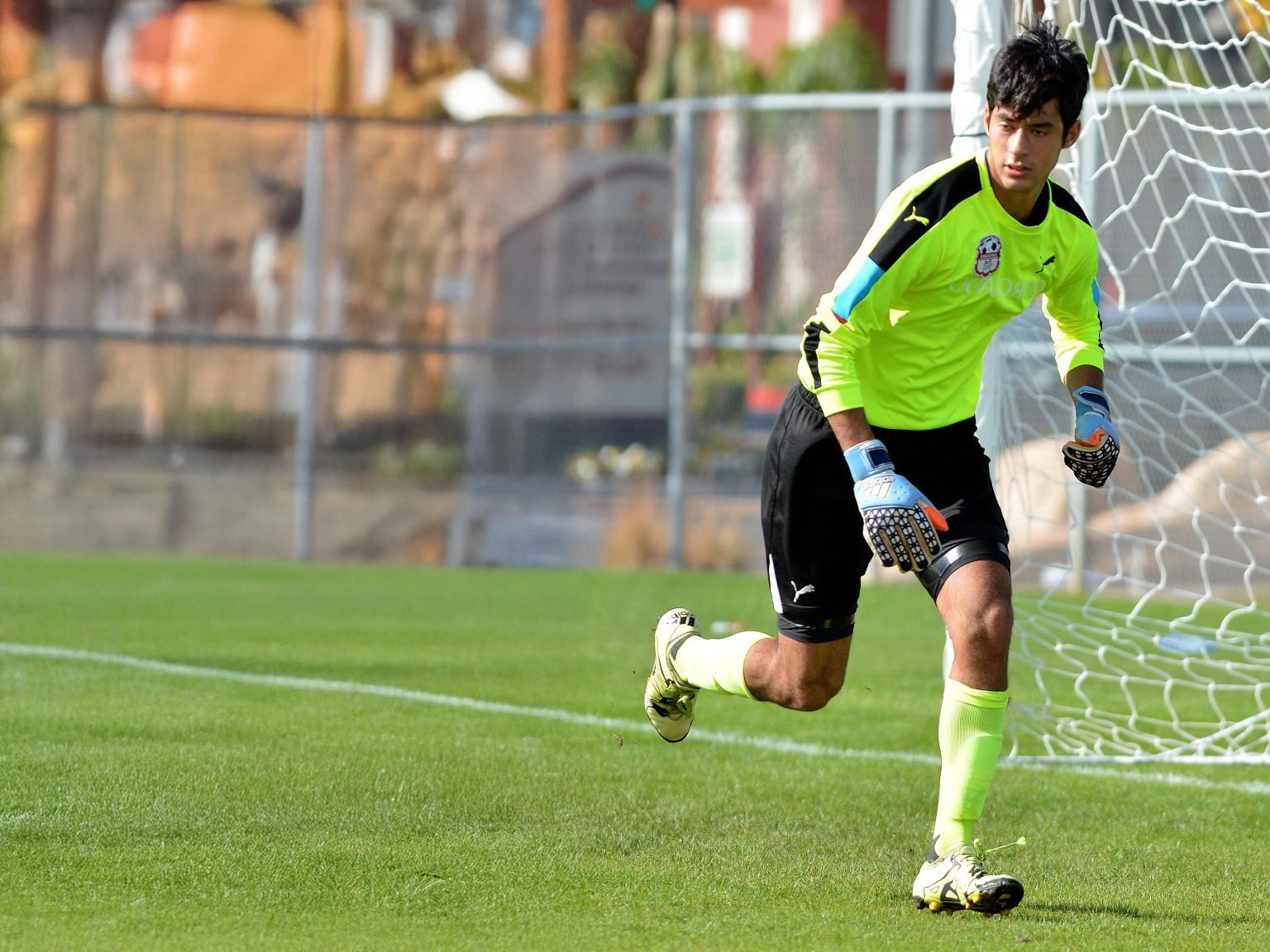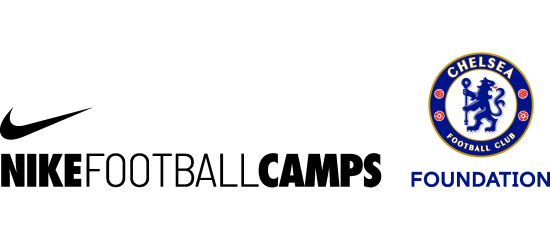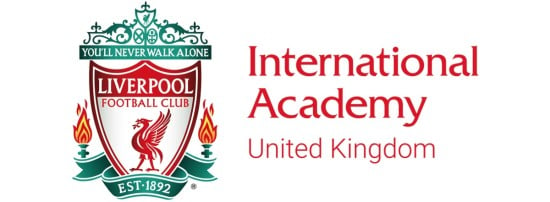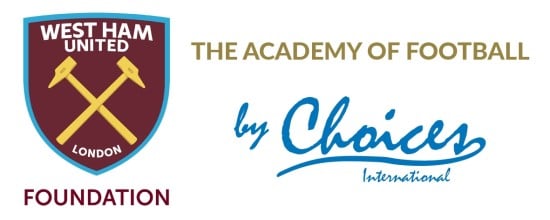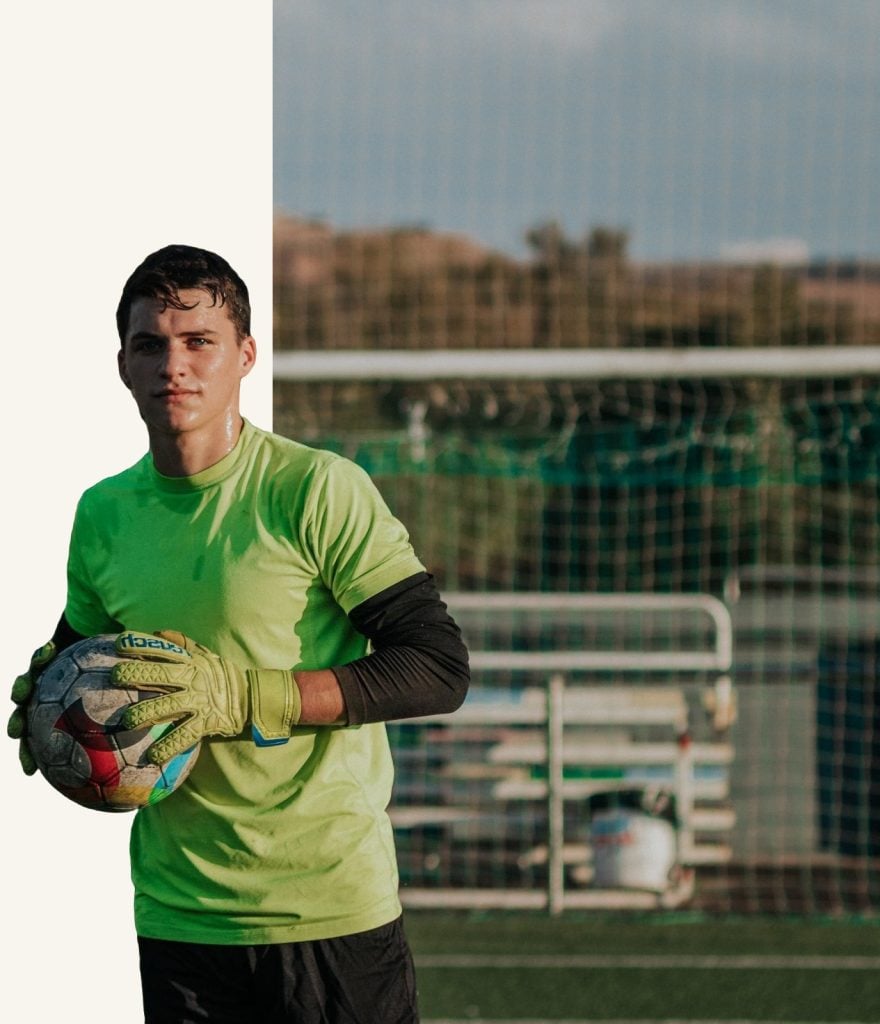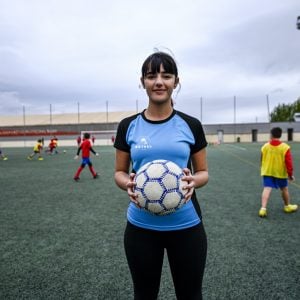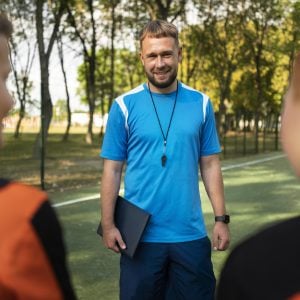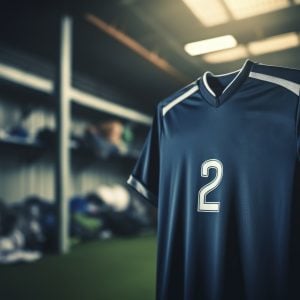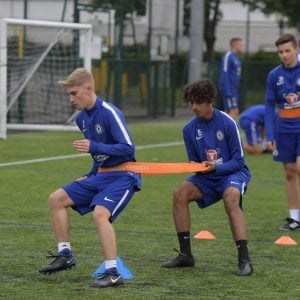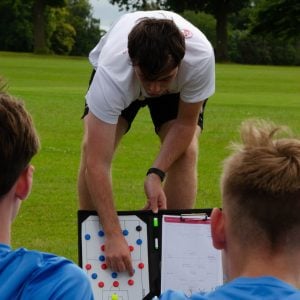The goalkeeping position is the most highly specialized position on the soccer field and, in many ways, is one of the most important. Obviously, the goalkeeper’s main responsibility is to protect their team’s goal and prevent the opposing team from scoring, but there is so much more to their game than simply trying to keep the ball out of the net.
Goalkeepers are also responsible for organizing and managing the entire defensive line, and to do so effectively means needing to know far more than just how to block shots. Goalkeepers also need to have a strong understanding of defensive strategies, as well as having excellent leadership and communication skills to effectively communicate this information to their teammates throughout the matches.
The truth of the matter is that goalkeepers are under more pressure than any other player on the pitch. When players in other positions make mistakes, the team can try to take steps to compensate. However, when the goalkeeper makes a mistake, it’s usually costly and irreversible, which means it’s also the most heavily scrutinized position on the pitch.
Goalkeepers clearly need more than just a set of core skills, such as the ability to block shots, cover angles, and dive. They also need interpersonal skills, such as developing strategies, leading the team, communicating effectively, and maintaining focus and mental strength in high-pressure situations.
That’s exactly why young goalkeepers should join goalkeeper-specific training programs. These programs teach young goalkeepers all the hard and soft skills (technical and personal) they need to become more than just good goalkeepers – they teach them how to excel.

